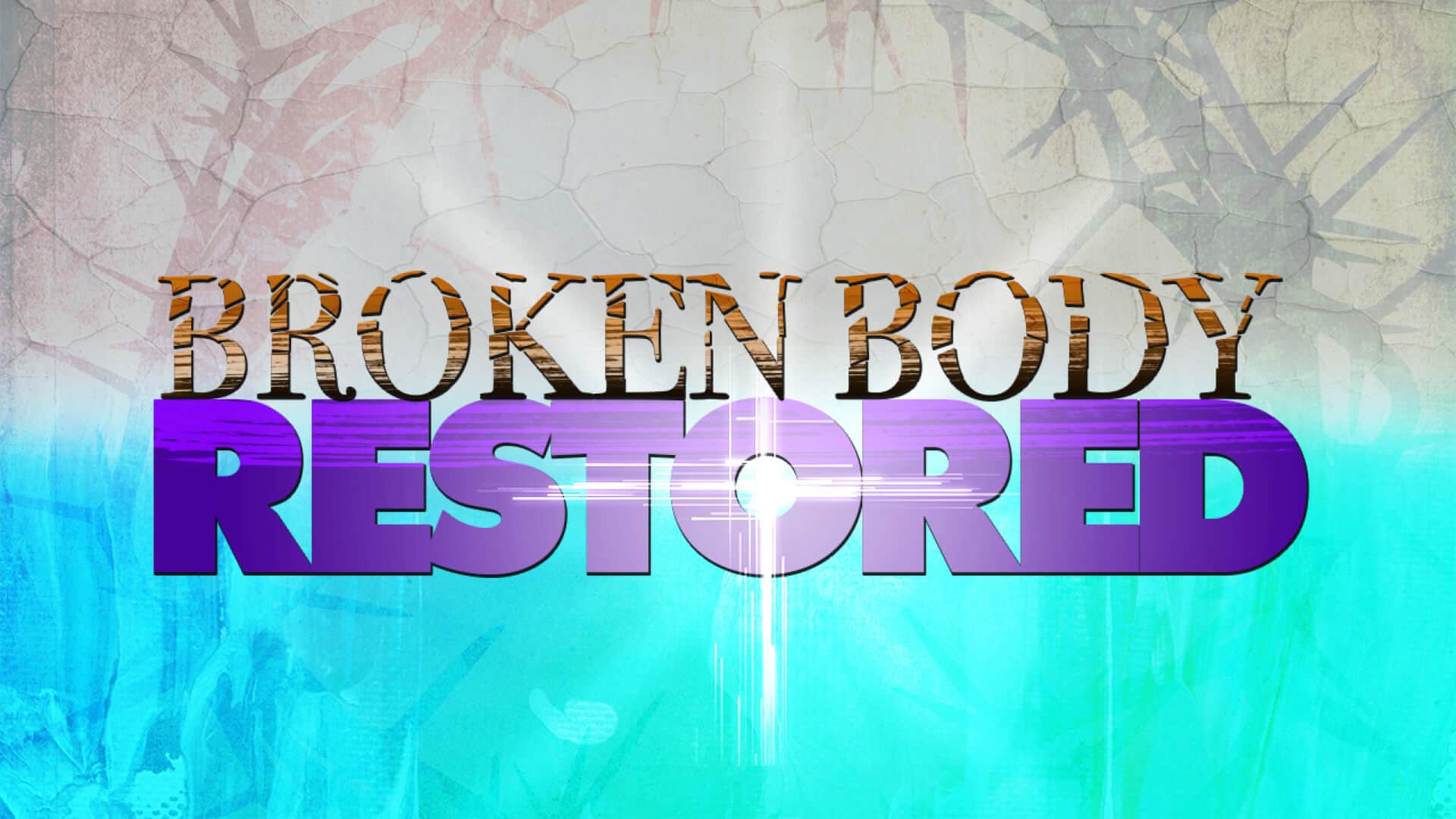One day Jesus was teaching, and Pharisees and teachers of the law were sitting there. They had come from every village of Galilee and from Judea and Jerusalem. And the power of the Lord was with Jesus to heal the sick. Some men came carrying a paralyzed man on a mat and tried to take him into the house to lay him before Jesus. When they could not find a way to do this because of the crowd, they went up on the roof and lowered him on his mat through the tiles into the middle of the crowd, right in front of Jesus. When Jesus saw their faith, he said, “Friend, your sins are forgiven.”
The Pharisees and the teachers of the law began thinking to themselves, “Who is this fellow who speaks blasphemy? Who can forgive sins but God alone?” Jesus knew what they were thinking and asked, “Why are you thinking these things in your hearts? Which is easier: to say ‘Your sins are forgiven,’ or to say, ‘Get up and walk’? But I want you to know that the Son of Man has authority on earth to forgive sins.” So he said to the paralyzed man, “I tell you, get up, take your mat and go home.” Immediately he stood up in front of them, took what he had been lying on and went home praising God. Everyone was amazed and gave praise to God. They were filled with awe and said, “We have seen remarkable things today.”
Luke 5:17-26, New International Version (NIV)
The Story of the Paralyzed Man – Luke 5, Matthew 9, Mark 2
Success can be more dangerous than failure to our spiritual life
The Story of the Paralyzed Man: Referred to as “controversy stories.” Fred Craddock, Interpretation: A Bible Commentary for Teaching and Preaching
The Story of the Paralyzed Man – Luke 5:17-26 (NIV)
When Jesus saw their faith, he said, “Friend, your sins are forgiven.”
Luke 5:20 NIV
Brokenness – Sin paralyzes
Sin separates us from God and others
The Pharisees and the teachers of the law began thinking to themselves, “Who is this fellow who speaks blasphemy? Who can forgive sins but God alone?”
Luke 5:25 NIV
Blasphemy – to show contempt or lack of reference for God
God did not become human that we might become gods, but that we might become more fully human. God alone is whole and complete, lacking nothing. Creatures, by contrast, always seem to have some mark of dependency, some painful grace, that keeps them close to their Creator. That is because brokenness is an essential characteristic of being human. It is also our best opportunity to live with a Savior. Only in recent years, with our fascination over individuals wholeness, have we assumed that our humanity is not supposed to have any chips, blemishes, or bruises on it. Now, we even think we have a right to have it all — perfect health, perfect relationships, perfect job satisfaction, and grief-free living. Yet perfection is not the biblical depiction of creatures. The Bible describes us as a people who need a Savior. There is no time when that is more obvious that when our dreams for life break apart.
M. Craig Barnes, An Extravagant Mercy, p. 146
To be human means to be broken
